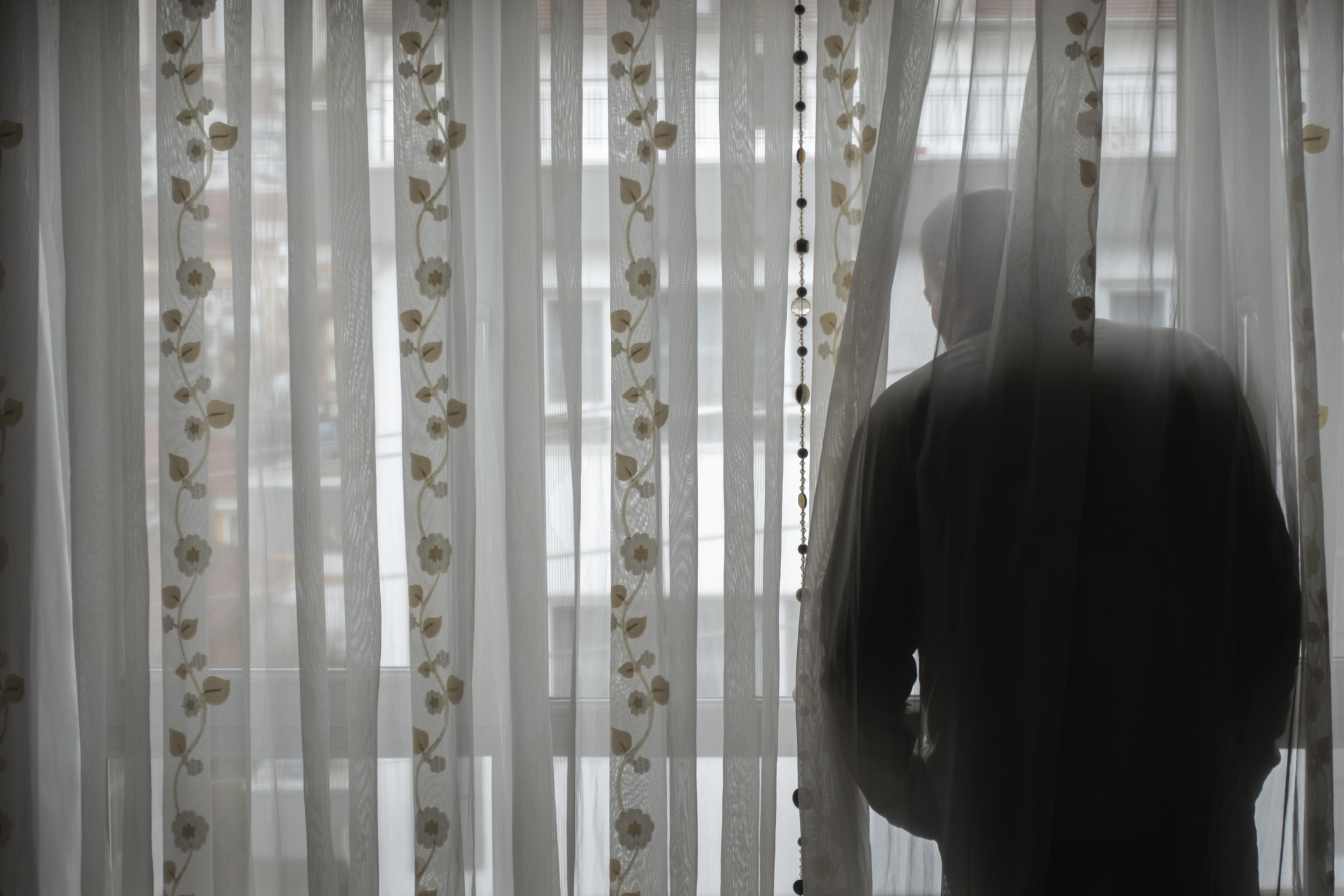Although the first month of 2021 has delivered its fair share of hope including new leadership in the United States, the roll-out of COVID-19 vaccines, and a renewed global commitment to addressing climate change, many people still suffer from anxiety and stress stemming from the events of last year.
Financial insecurity, health concerns, working and learning virtually, and social injustice are just a few of the many triggers for anxiety disorders people have been experiencing over the past year of life during a global pandemic. Older adults, who have remained in isolation in order to protect their health, are among those worst affected by the stresses of 2020.
According to a recent Popular Science article, adults were already experiencing high levels of anxiety long before the novel coronavirus spread worldwide, drastically changing our daily lives. In 2017, nearly one in five American adults had symptoms of anxiety, and Stanford Medicine’s Department of Psychiatry and Behavioral Sciences explains that long-term social distancing has increased the risk for anxiety and depression. More adults feel a sense of uncertainty, loss and isolation.
Although it’s not unusual to experiences changes in sleep, appetite or ability to focus, for some, treatment may be helpful when symptoms of anxiety or depression worsen. Talking with a mental health professional, virtually or in person, can help adults learn strategies to cope with heightened feelings of stress and anxiety.
It’s not difficult to get caught up in a spiral of negative thoughts or to experience panic attacks when stress levels build. Although people with high anxiety may not actually be in a life-threatening situation, the mind may cause the body to behave as if external danger was present. This internal trigger for the body’s fight or flight response can cause heart and breathing rates to increase, muscles to tense and adrenaline to flow.
Addressing what is happing, even describing the feelings to yourself can help during a panic attack. Try a slow breathing exercise to calm down; focusing on the breath can ease fear and agitation, helping muscles to relax and heart rate to slow. Practicing breathing and relaxation techniques can also help with chronic stress and high blood pressure. Understanding that panic will pass quickly, usually peaking within 10 minutes, can also help people get through attacks better.
In addition to slow breathing techniques, Psychologist and Anxiety Researcher Edmund Bourne suggests focusing on objects around you, chewing gum or snapping a rubber band against the wrist to distract the mind during a panic attack. Going for a walk or doing chores; even taking a hot bath, giving yourself a massage or having sex can help control anxiety.
Once the feeling of panic has subsided, writing down the thoughts that led up to the event can be helpful in learning how to change patterns of thinking. Once triggers are established, they can be better managed or avoided, helping to eliminate the sense of fear when feeling anxiety that can lead to panic. Exercise can also be beneficial in helping to soothe anxiety and relieve stress.






Add Your Voice
0 Comments
Join the Discussion